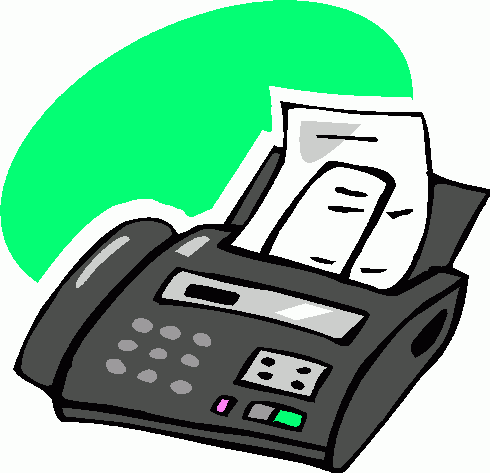
In hospitality we use clues to surprise people...we read them to help us deliver a memorable experience. But, it works the other way around as well. Customers use clues to make buying decisions. And not always the ones a business owner wants them to use. Case in point. The other day I decided to change my insurance company...not because of price or bad coverage...because they insisted on using a fax machine (or worse, the U.S. Postal Service). My decision was based solely on a seemingly trivial point of technology. But my problem wasn’t the fax machine. The fax machine was just a clue. A clue into how the organization thinks...how they approach business. Do they choose easy over right? Do they do the hard work that gives me what I want? Or, do they stay in safe harbor, expect me to jump through hoops and hope I won’t go away.
Starbucks on the other hand continues to earn my respect, not because they make the best coffee (they don’t), but because they learn, evolve and give me what I want. The other day I forgot my wallet in the car (probably because I was so frustrated about using a fax machine). No worries...Starbucks lets me pay via my smart phone. Pretty slick...saved me a journey back to the car. I also like that innovative idea of the little stoppers that go into the lids so you don’t spill the coffee all over your suit. It’s clear they do the hard work to figure out what their customers want. And I bet they don’t use fax machines.
The more choices, the more clues matter.




